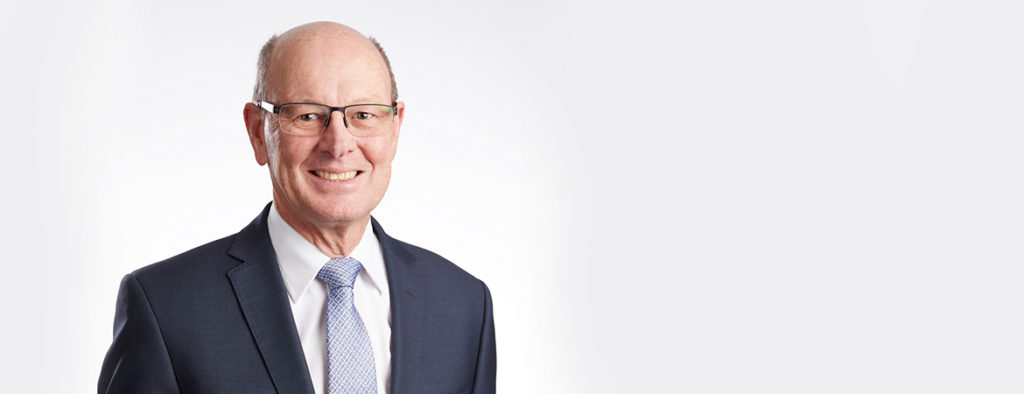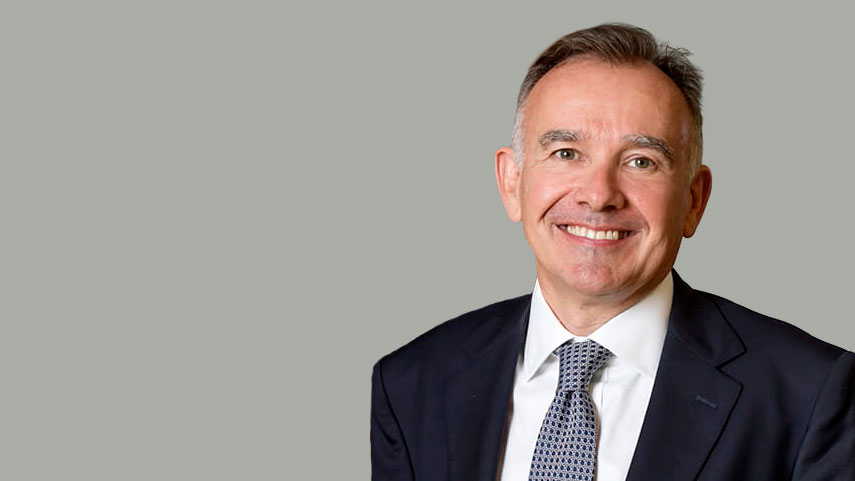Qld’s BIG merger: it’s now about investments
As Sunsuper and Qsuper took another step forward in their proposed merger last week, the biggest hurdle, negotiating with the Queensland Government, appears to have been cleared. Now for the investments issue.
The two funds, one trying to be truly national and the other strongly tied to its Queensland public service membership core, announced their heads of agreement on March 15. This is what they see as the fourth in a seven-step process which started in 2019 with initial discussions.
The second step was a memorandum of understanding last year and then, the third was due diligence which was slowed down but continued during much of the lockdown phase of COVID. The last three steps are integration planning, the merged fund, which is planned for September, and then final integration.
It is that final integration which will be the hardest bit from here. The funds’ investments, from philosophies, styles, strategies and processes through to personnel and geographies could not be more different.
The board and chief executive have been selected, with the decision makers, including the not-so-hidden hand of the Queensland Government, commendably going with experience. In its favour, the new fund has oodles of investment experience both at board and management levels.
New CEO Bernard Reilly, based in Sydney with Sunsuper’s main investment team, has committed to spend a majority of his time in Brisbane headquarters for at least two years. Both funds also committed to no redundancies below executive management level for the same period.
Reilly spent the defining part of his successful career at State Street Global Advisors, where, over 24 years, he rose to take on several of the most senior positions the manager could offer. Starting as one of the first employees in Australia with a general portfolio management and operations role in 1990, he became director of business development in 1999, and a managing director in 2002. He was promoted in 2005 to senior managing director in Hong Kong, to run the Asian business and then all of Asia Pacific, including Australia, in 2008. His final role was as global head of strategy, split between Sydney and Boston, leaving the firm in 2014.
Before becoming CEO of Sunsuper in October 2019, he had short terms as general manager, operations, at NAB Asset Management and as an investment committee member of the NSW Treasury Corporation.
Don Luke, the Qsuper chair set to be the first chair of the new fund, held senior roles at AMP Capital, including managed investment scheme compliance committees for AMP, National Mutual and ipac, before his 10 years as CEO of Sunsuper, ending in 2007. He then took on a labour of love, befitting his famously warm temperament, as executive director of the Community Services Commission for the Anglican Church in South Queensland for five years, before returning to the less temperate world of finance as chair of QIC and then Qsuper.

The two most important roles these two have to decide, if they haven’t already, are the CIO and the chair of the investment committee for the fund. Incumbents as CIOs are Ian Patrick at Sunsuper and Charles Woodhouse at Qsuper, who followed Brad Holzberger after he retired in 2019.
Holzberger was the key executive to build Qsuper’s investment strategy, processes and team after the Queensland Government allowed the fund to insource a big proportion of its investments formerly managed by QIC. Qsuper is still QIC’s largest client, though.
Here are the blending challenges: Sunsuper is mostly active management while Qsuper has more passive, including Australian and global equities; Qsuper does a lot of inhouse direct management, Sunsuper doesn’t do any; Qsuper has possibly the largest asset allocation to fixed income – about 15 per cent last year – of any fund, while Sunsuper is closer to average at about 5 per cent; and, Qsuper does not have a manager selection specialist, Sunsuper has a team.
For asset servicing, there will be a decision to be made between State Street, which has been the Sunsuper custodian for nearly 10 years, and Northern Trust, which transitioned Qsuper across last December after a review. Qsuper also provides middle office services to QIC, which may be beneficial in a tender process.
And both funds are large enough that they can use multiple asset consultants as they need to, although Sunsuper has a retainer-based arrangement with JANA. Ian Patrick is a former managing director of JANA and Scott Hartley, the Sunsuper CEO before Reilly, oversaw JANA for MLC in a prior role.
Woodhouse was an internal asset consultant at QIC before joining Qsuper’s then-new internal investment team in 2009. He was director of ‘alpha investments’ at QIC and before that spent 10 years as a fund manager researcher in the US.
But if you think about the beliefs and philosophies behind those strategy differences, the fundamental and overarching decisions regarding investments and their governance are going to require a lot of time with a white board in the seventh and final phase of the merger. In its favour, the two big roles so far announced, at least, are being filled by experienced people who are both, also, well known for their diplomatic skills.











